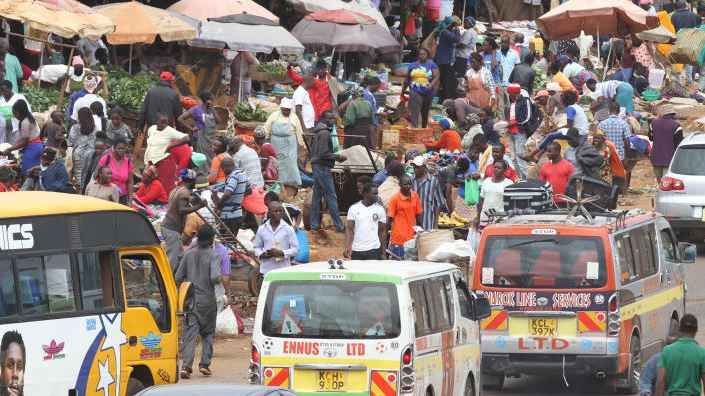
ODM leader Raila Odinga yesterday penned a poignant, passionate letter calling on Kenyans to do all they can to stop the spread of the coronavirus. In what reads like a rallying call, the former Prime Minister also warned that the country is running out of time to contain the virus, whose effects are devastating.
Raila, who has been out of the limelight since the disease was declared a pandemic, shared the letter on social media. He evoked Kenya's past triumphs, insisting that the country had been through a lot more difficulty and emerged even stronger.